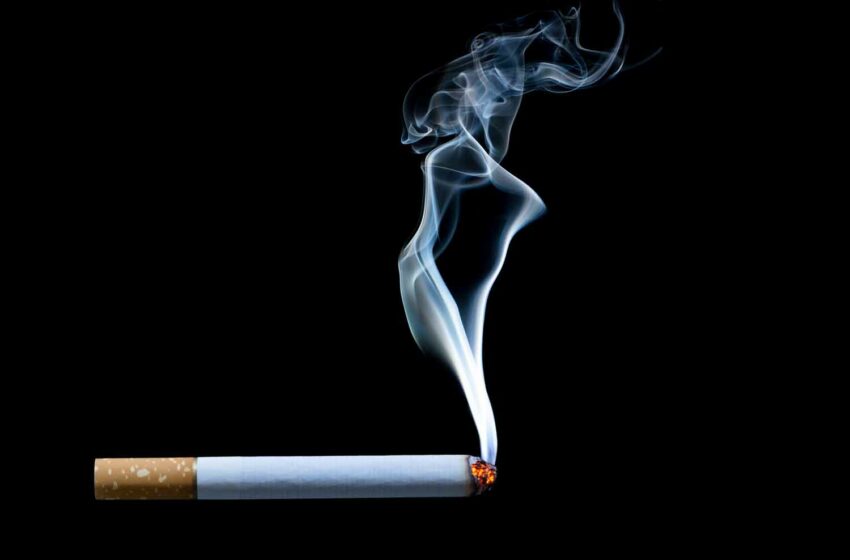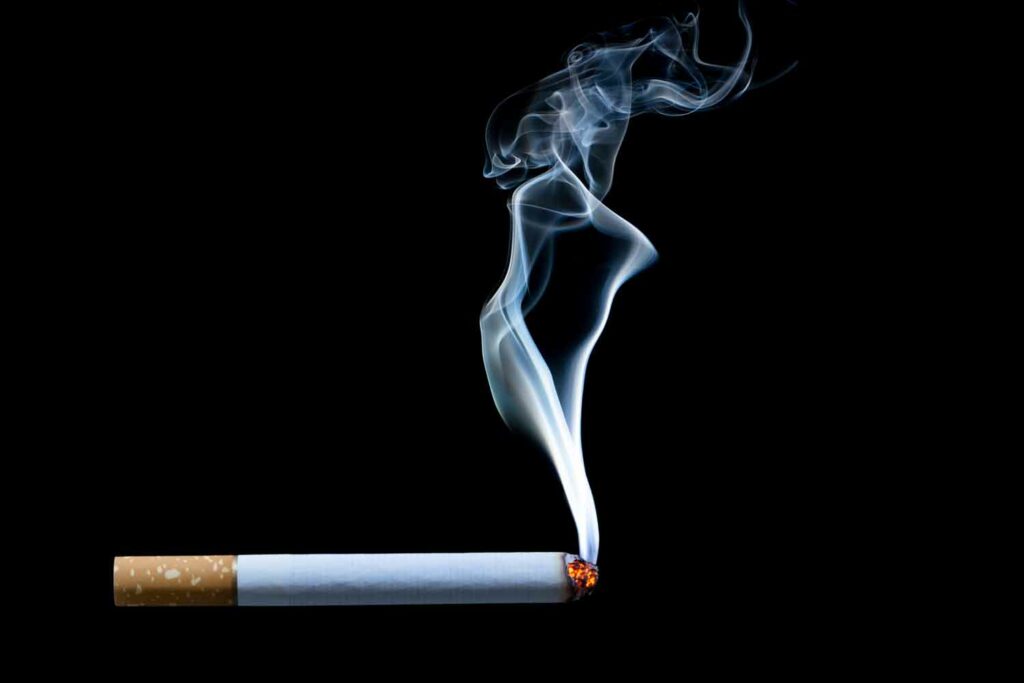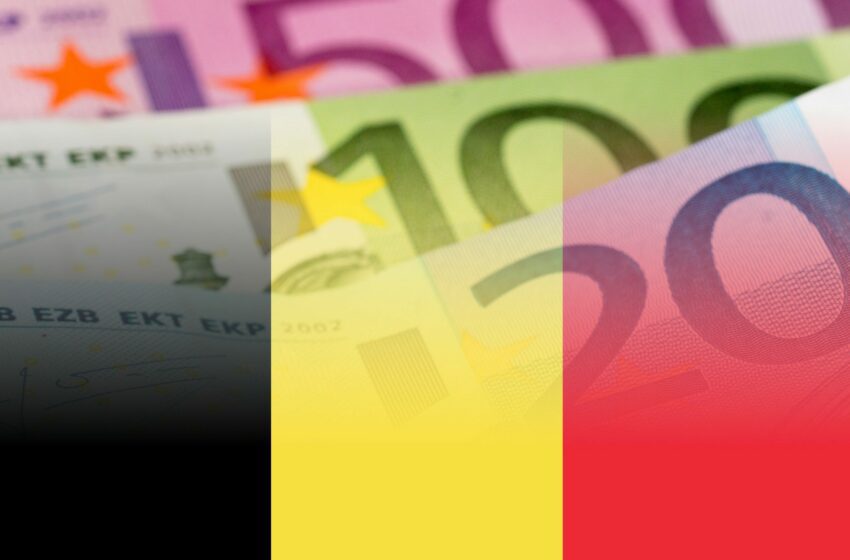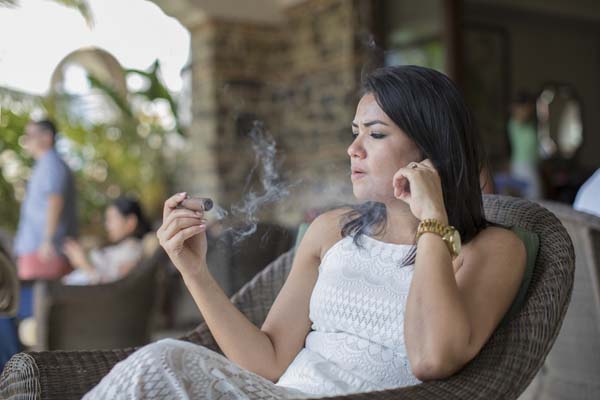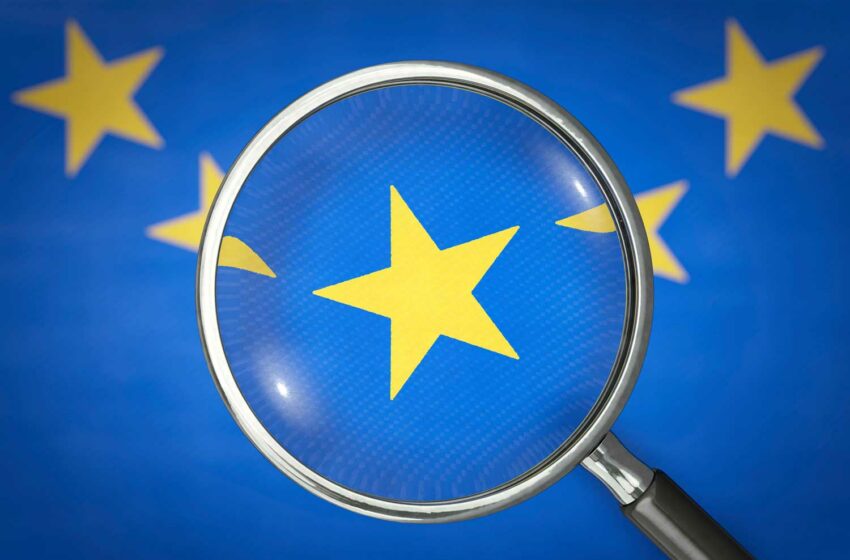KT&G Corp. has started the process for appointing its next CEO.
To secure a wide array of qualified candidates, the external CEO candidate pool will be drawn from a combination of open recruitment and search firm recommendations. The internal CEO candidate pool will include individuals who have participated in KT&G’s senior management training program, as well as the incumbent CEO, Beak Bok-in. The governance committee will impartially assess both the external and internal pools to establish the longlist for CEO candidates.
Then, the governance committee will institute an advisory panel comprised of external experts to bring an objective perspective into the process of selecting the shortlist for CEO candidates, thereby enhancing the impartiality of the process. KT&G plans to proactively identify and nurture both external and internal CEO candidates moving forward, under the guidance of the governance committee.
The eligibility criteria for candidates participating in the open recruitment for the CEO position include individuals with experience in the tobacco or consumer goods industry (manufacturing or distribution business) as a representative director, or in the profit/loss management of a business unit equivalent to a company’s representative director.
KT&G lists the following skill requirements:
- in-depth understanding of the tobacco or consumer goods industry and management expertise, capability in driving new business initiatives and global expertise;
- business intuition and strategic thinking skills responsive to environmental changes;
- ability to communicate with and manage stakeholders;
- universal morality and ethical awareness required of a CEO
Candidate application for the open recruitment will be accepted through registered mail or e-mail by Jan. 10, 2024. Details regarding the application will be available on the KT&G website from Dec. 28, 2023.
According to KT&G, the CEO appointment process will be conducted over approximately three months in a fair and transparent manner. The governance committee will finalize the shortlist for CEO candidates in late January by incorporating the impartial and objective opinions of the advisory panel composed of external experts, and recommend to the CEO candidate recommendation committee.
After conducting a systematic and in-depth review of the shortlisted candidates, the CEO candidate recommendation committee will name the final CEO candidate and report to the board of directors in late February. The board of directors will then resolve the agenda for the annual general meeting of shareholders, and the CEO will be appointed following the approval at the annual general meeting of shareholders in late March.
“We have been committed to improving our CEO appointment process, especially focusing on strengthening the transparency, impartiality and objectivity of the process,” said Lim Min-kyu, chairman of the KT&G board of directors.
“Moving forward, we plan to conduct a comprehensive candidate selection process, taking into account the assessment and perspectives of the advisory panel comprised of external experts.”
Earlier this month, KT&G shareholder Flashlight Capital Partners urged the tobacco company to select its next CEO in a more transparent manner, after expressing disappointment with the current CEO’s performance and identifying several shortcomings in the previous selection procedure.
In a press note announcing the new CEO search, KT&G stressed that its governance committee is composed exclusively of outside directors. The Dec. 28 board of directors meeting, it added, was attended only by outside directors, “reinforcing the company’s commitment to ensuring independent decisionmaking of the board.”







